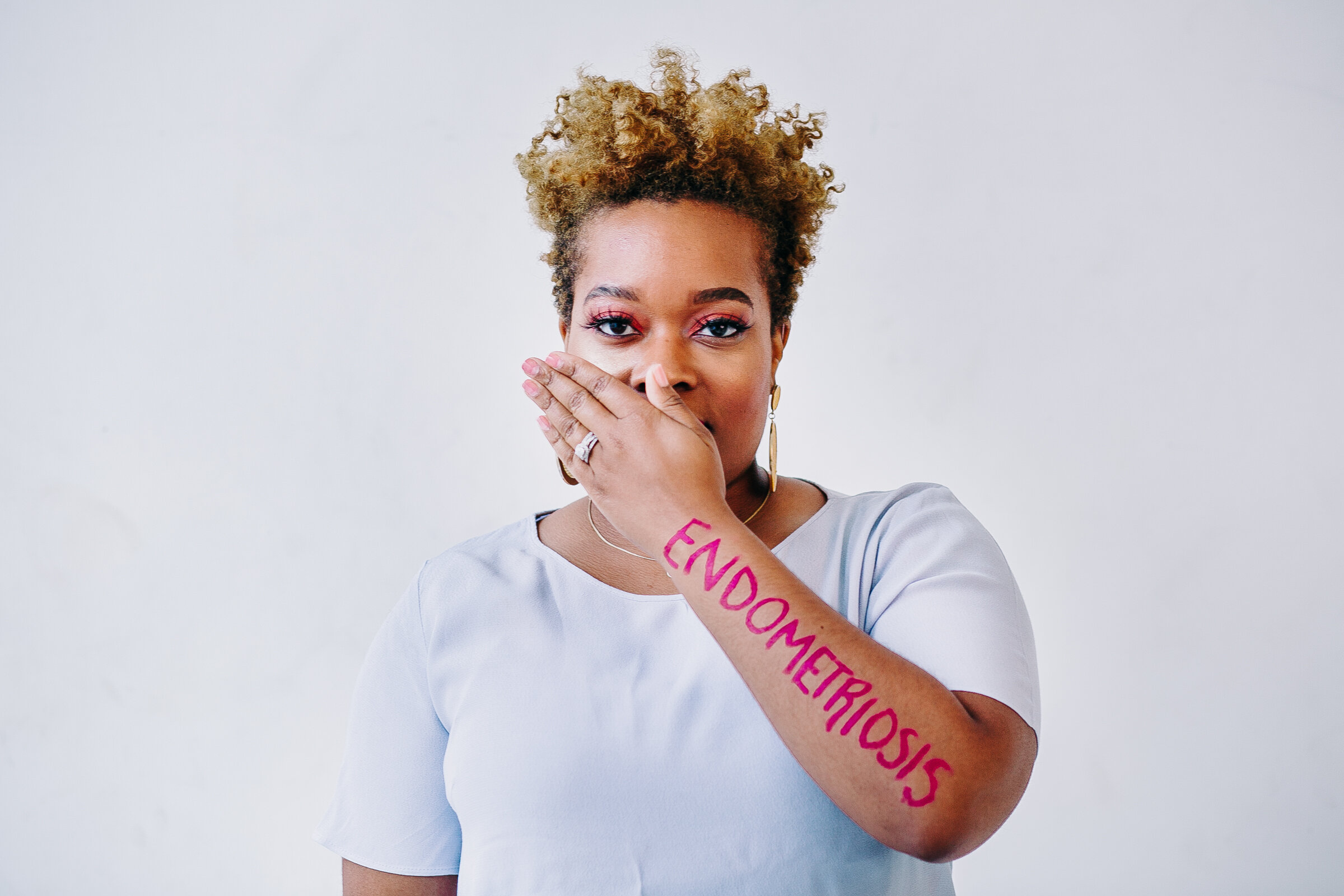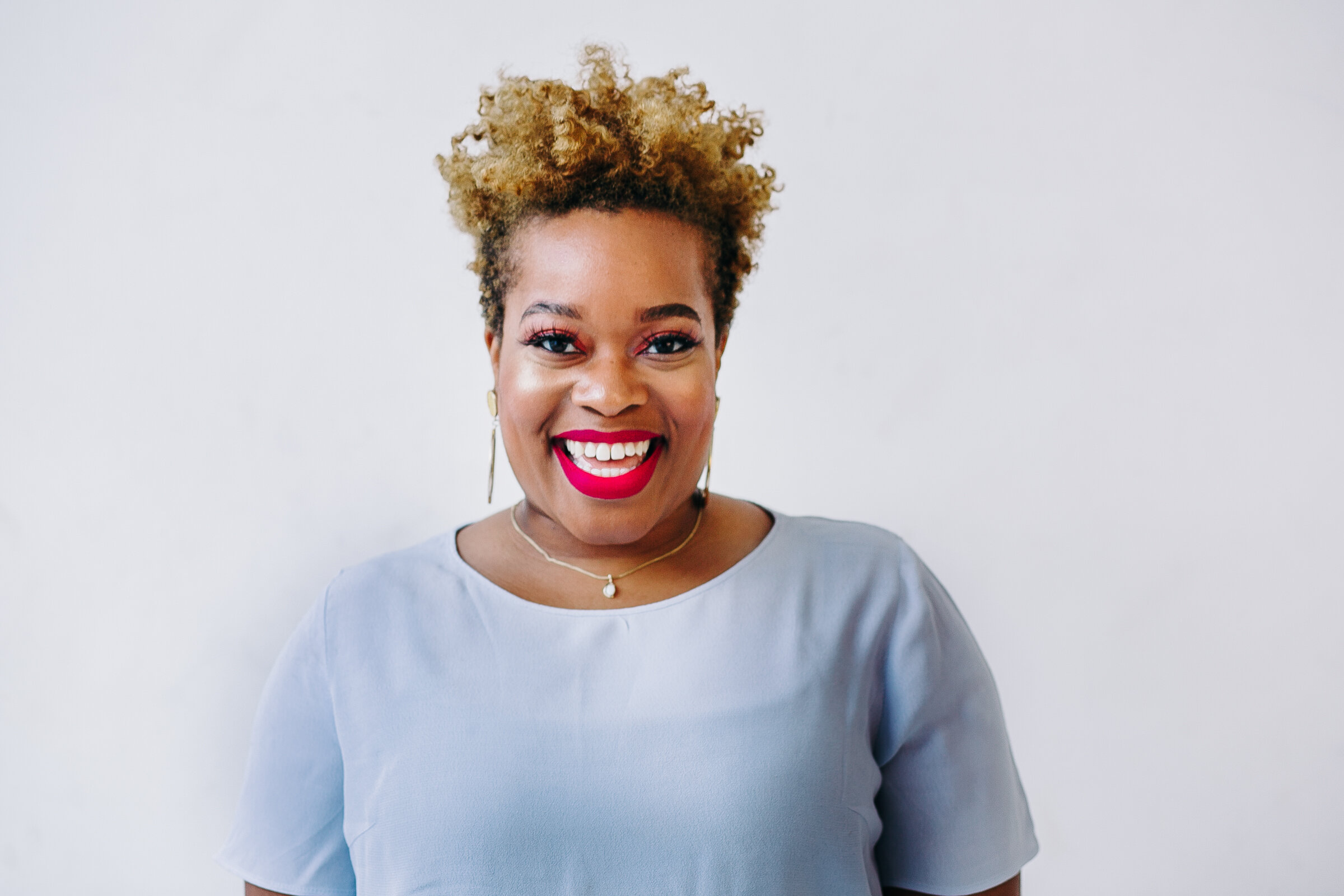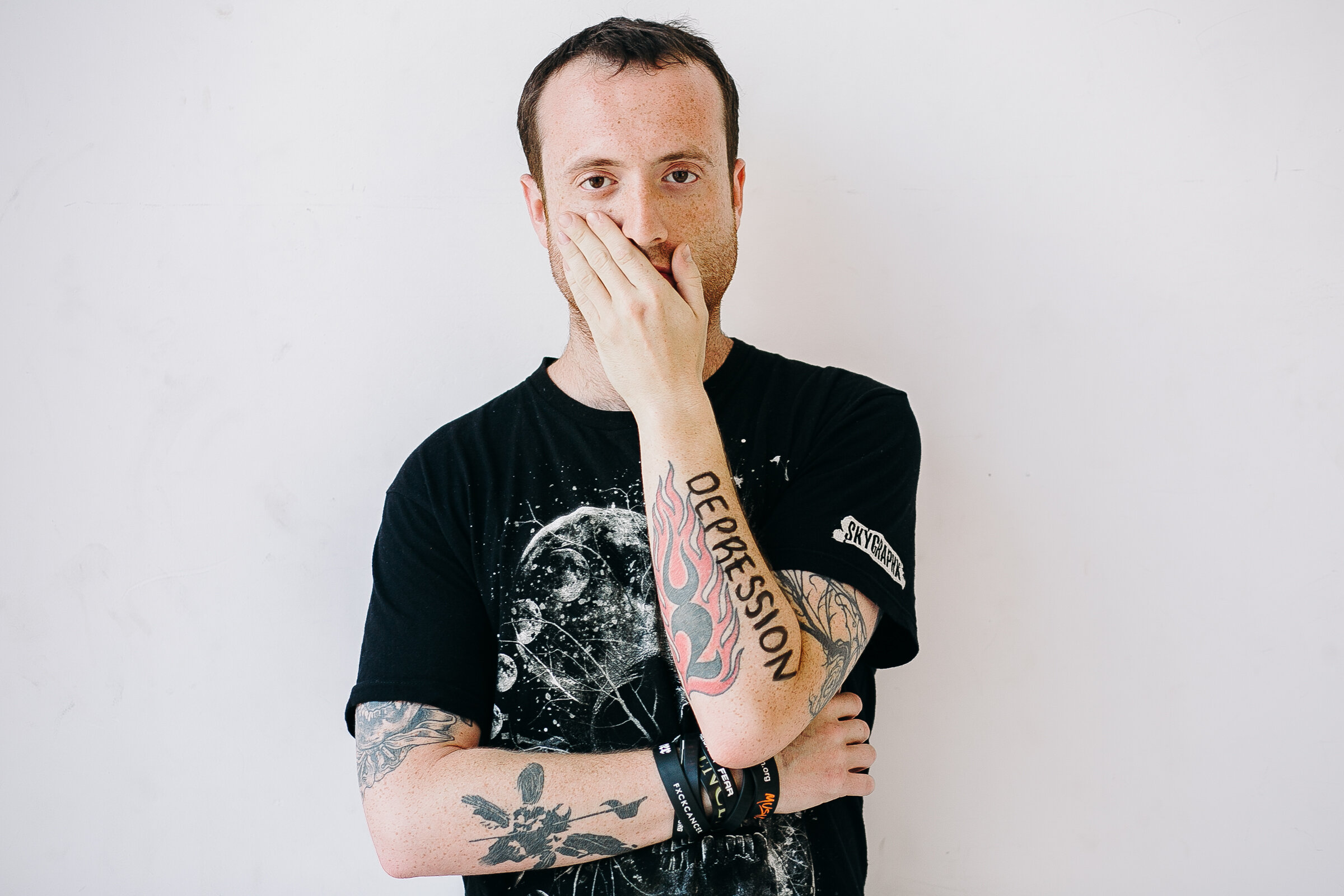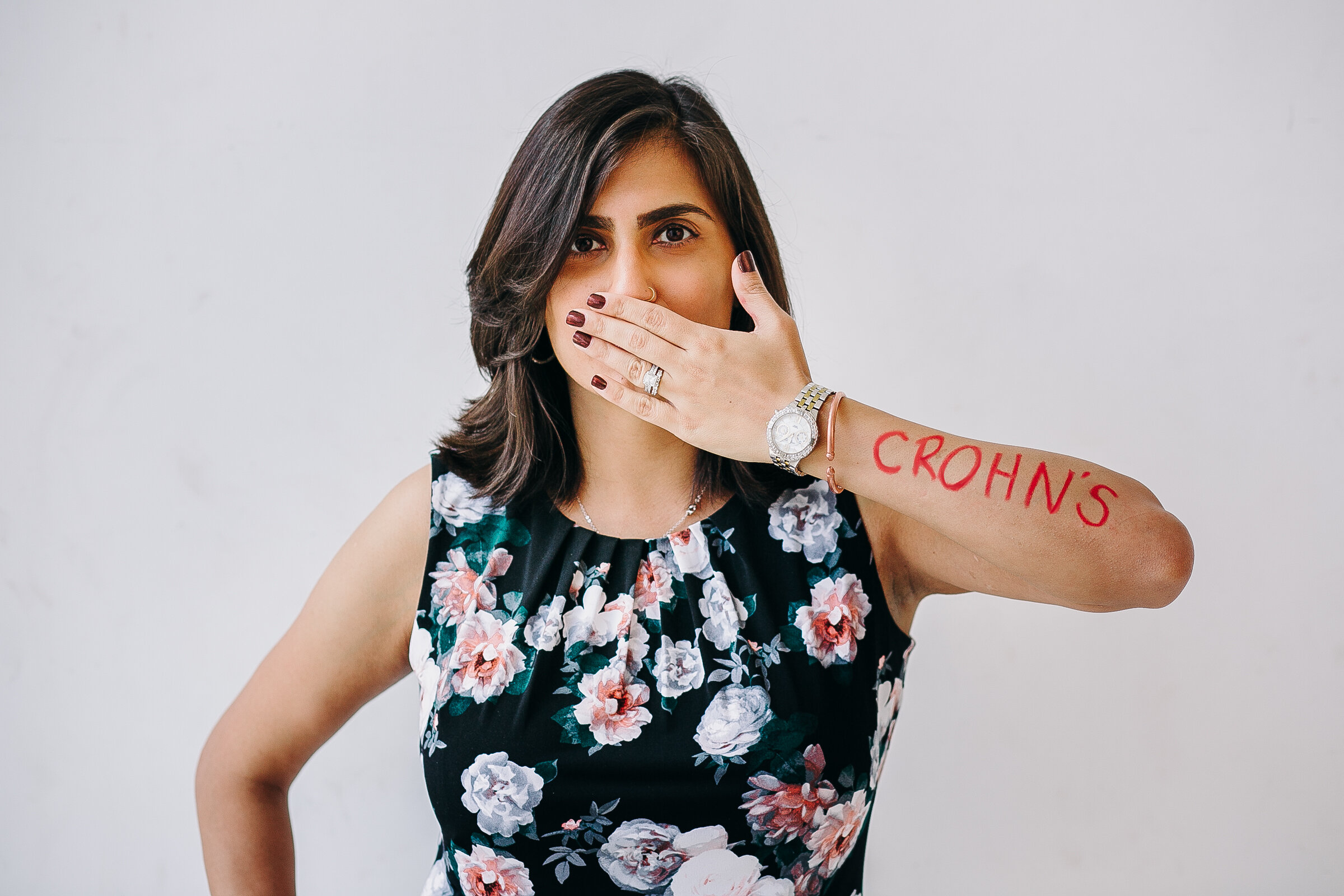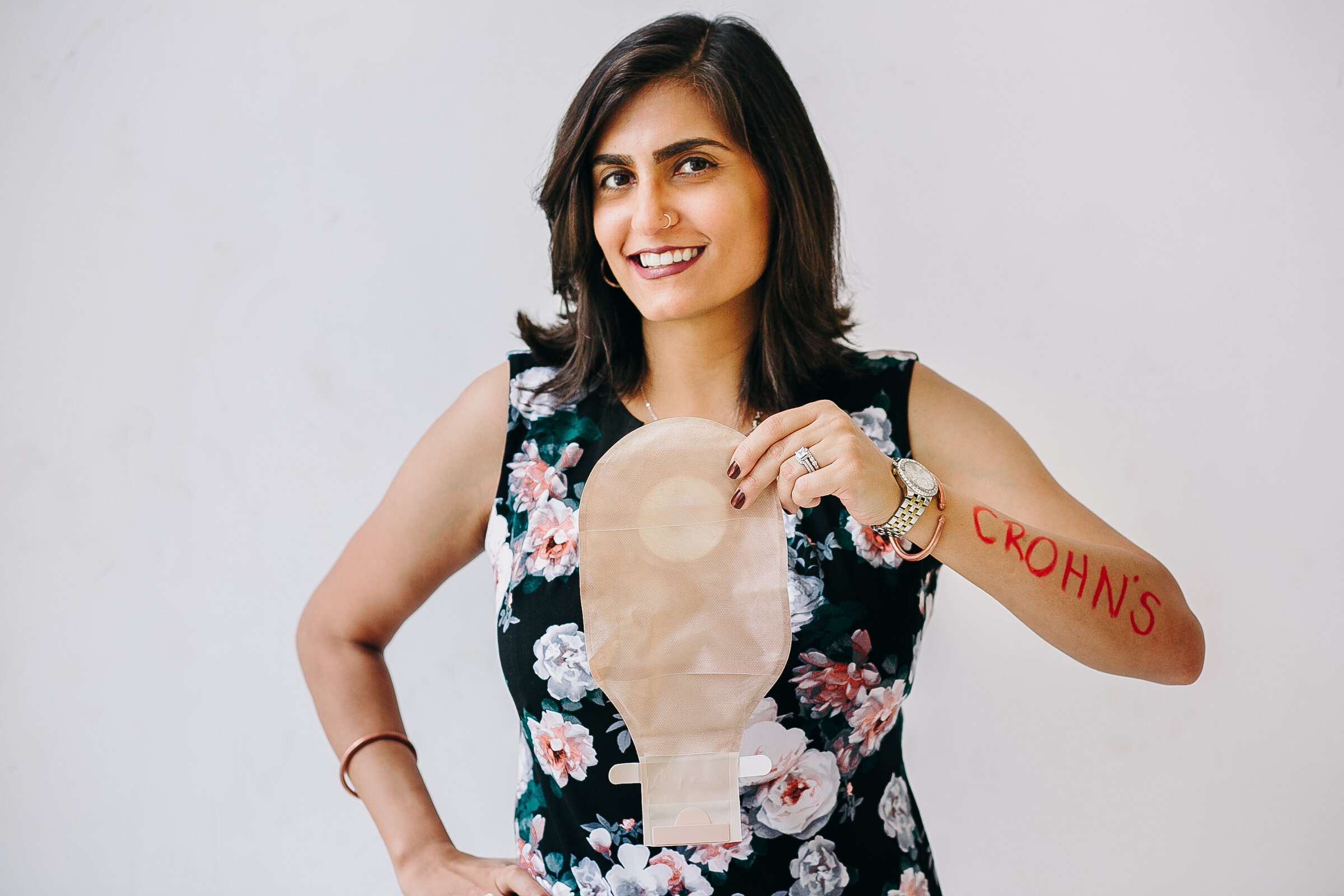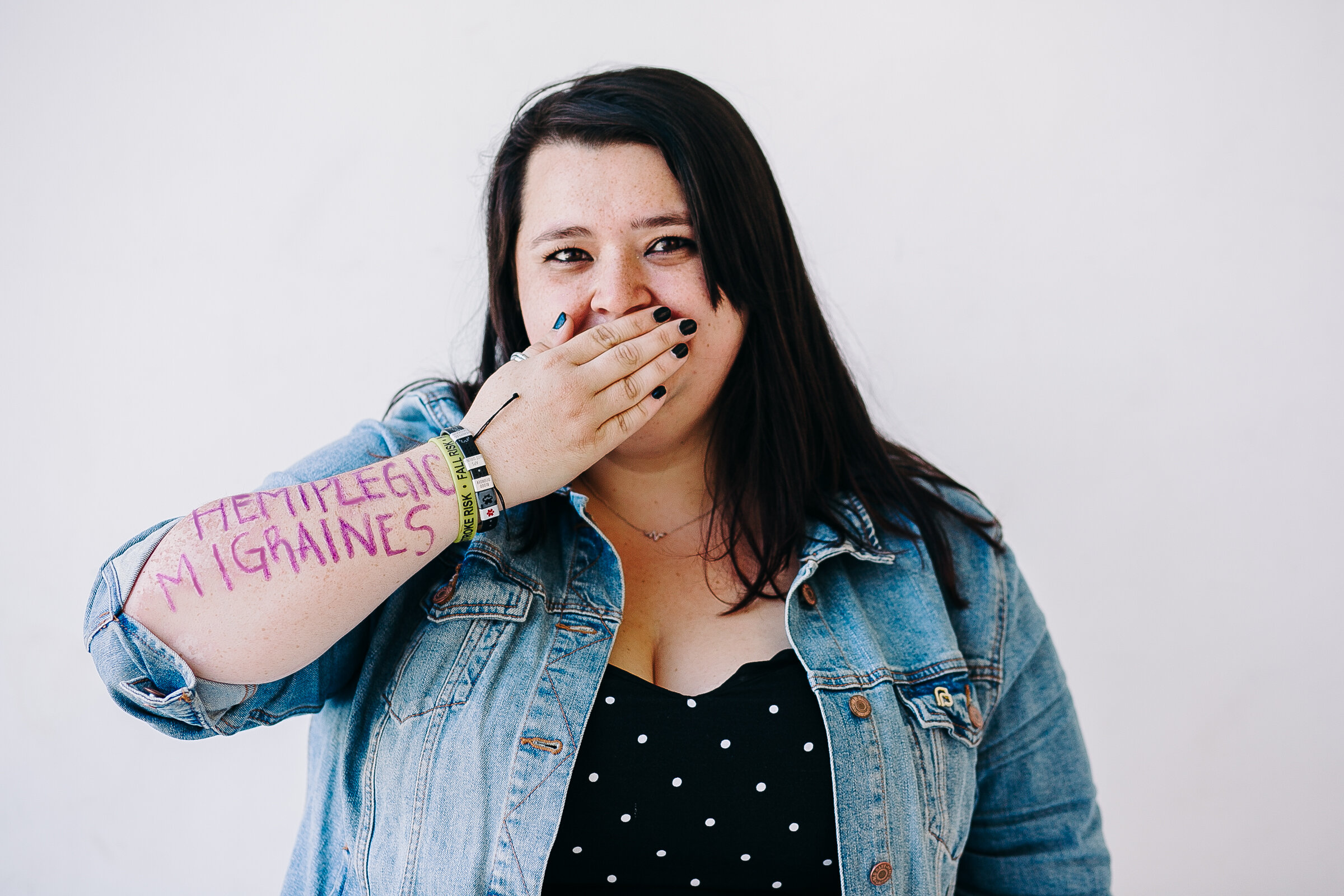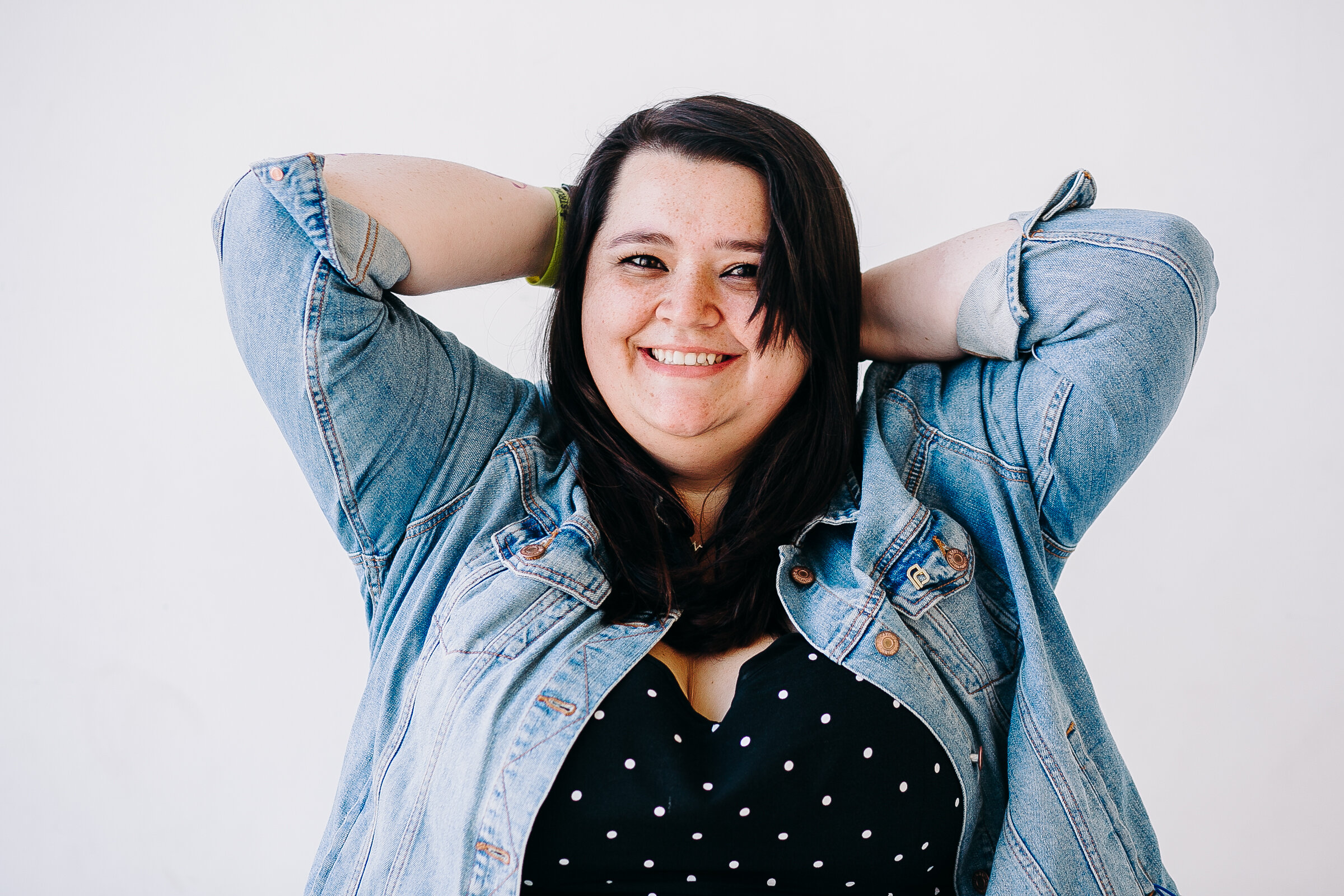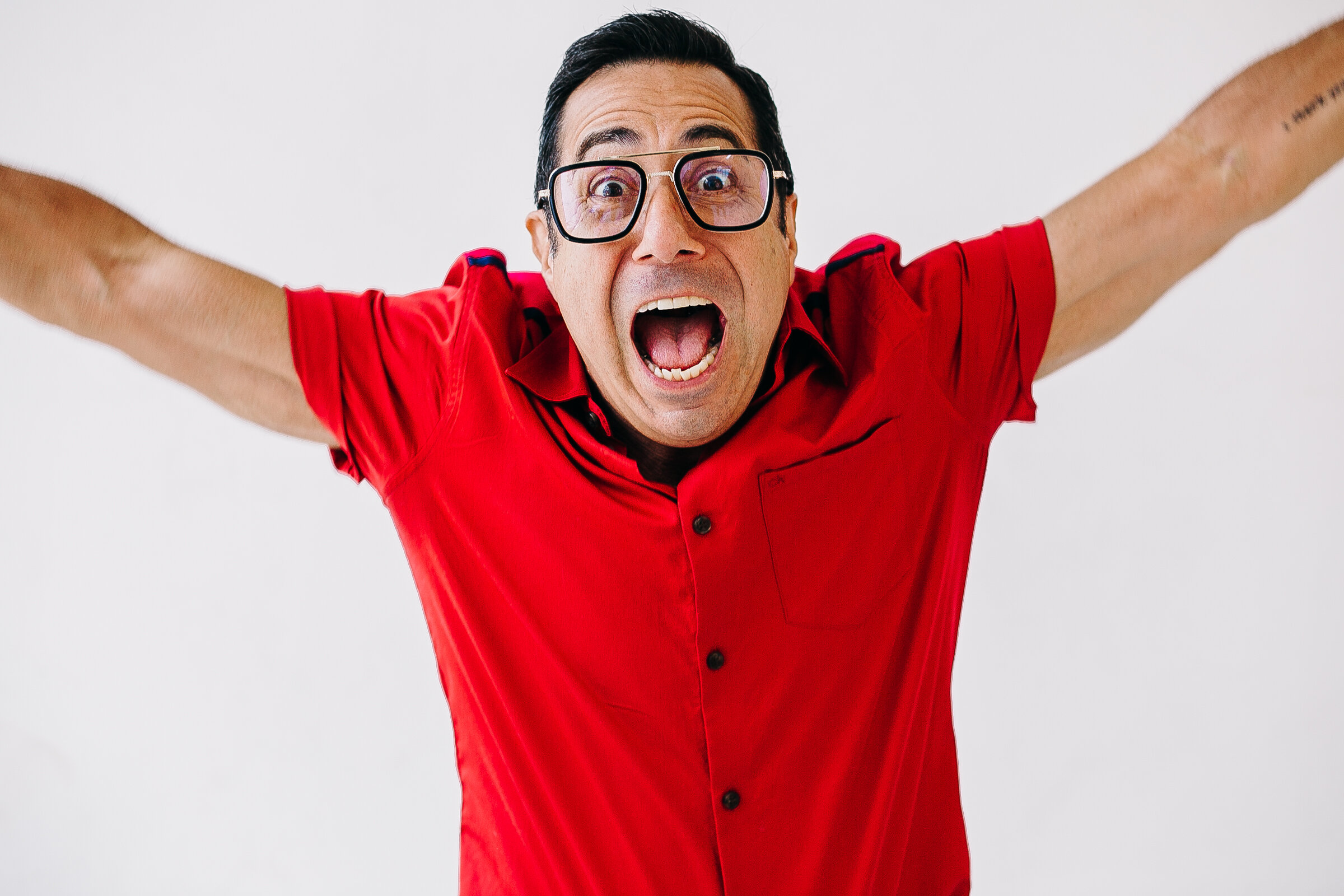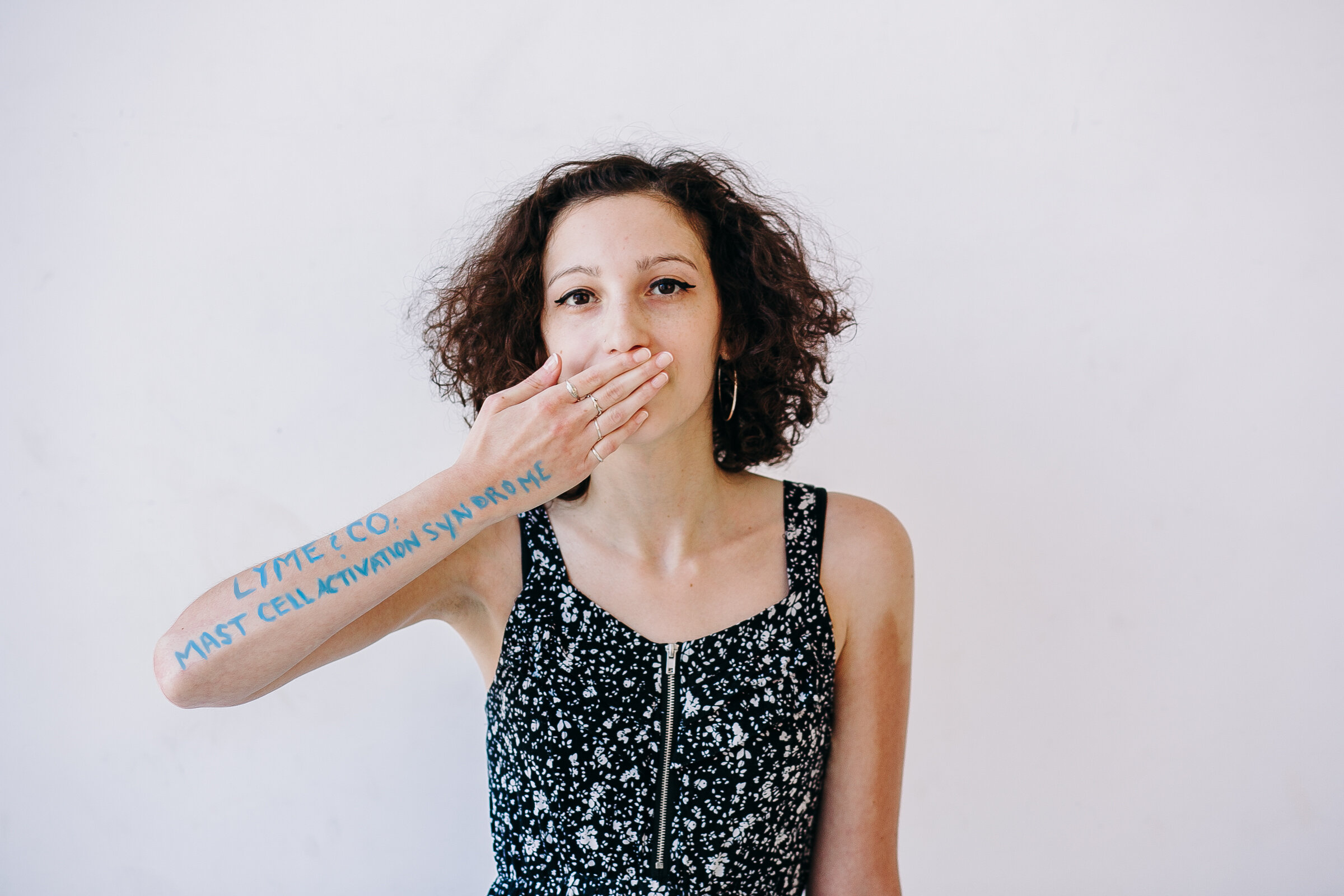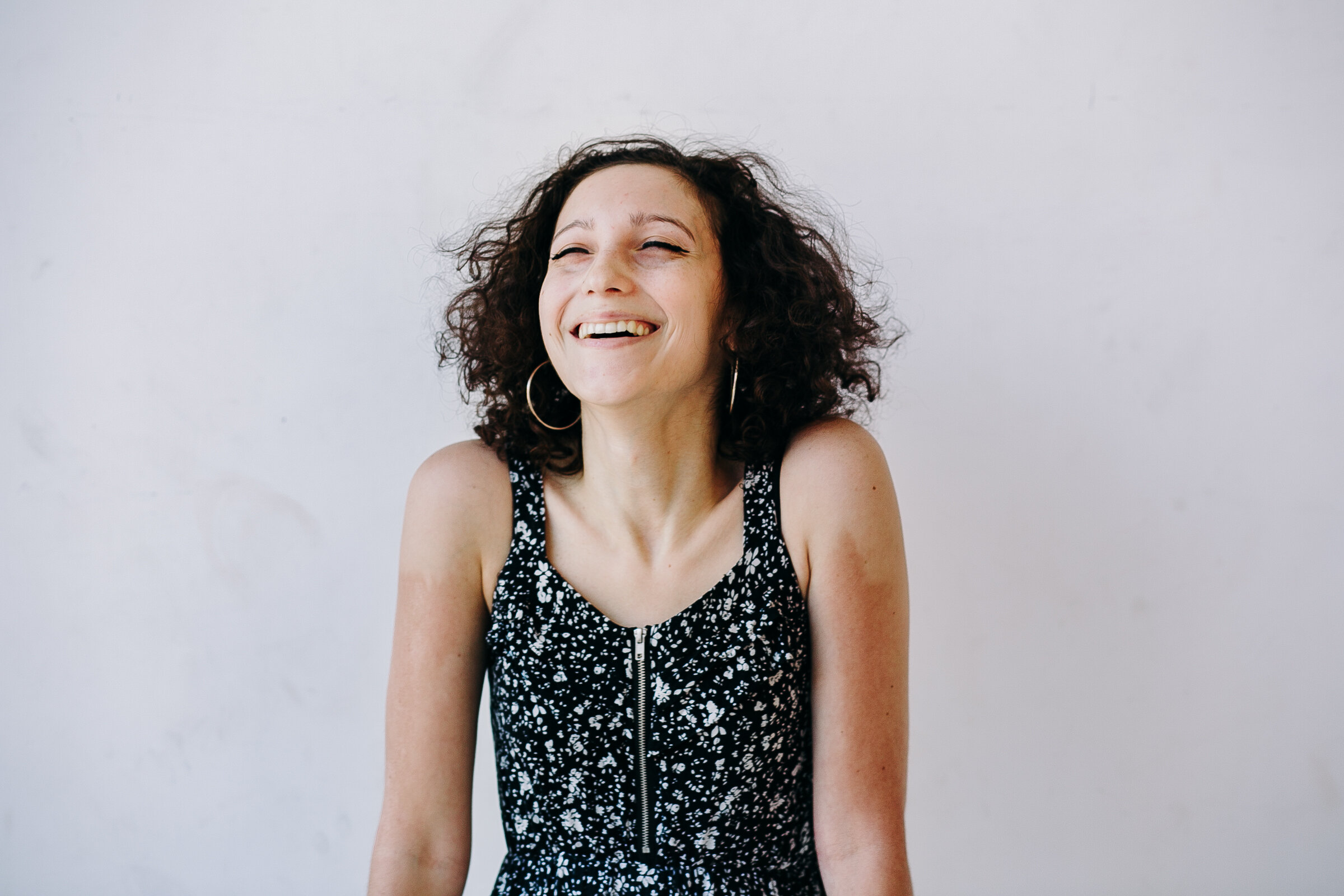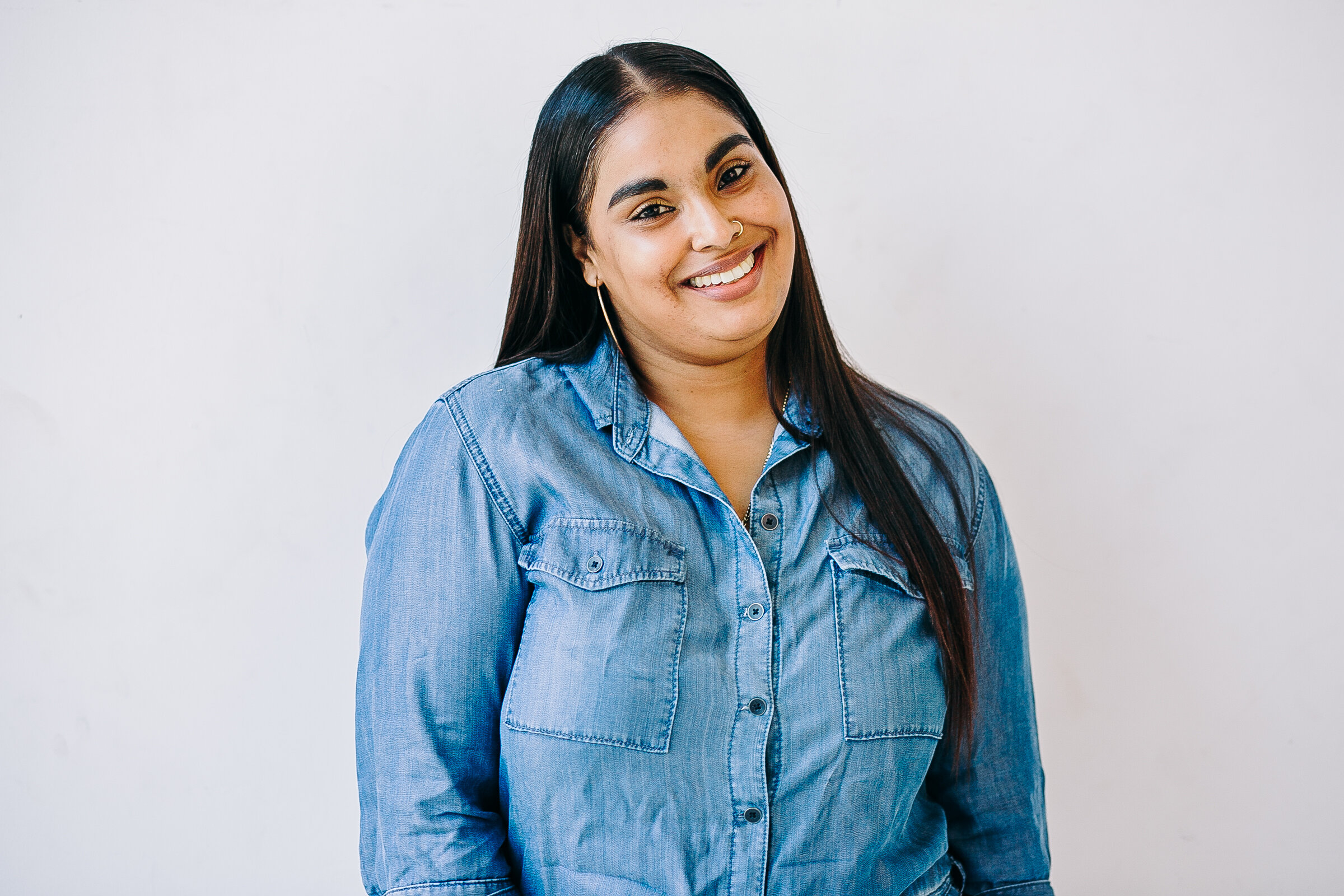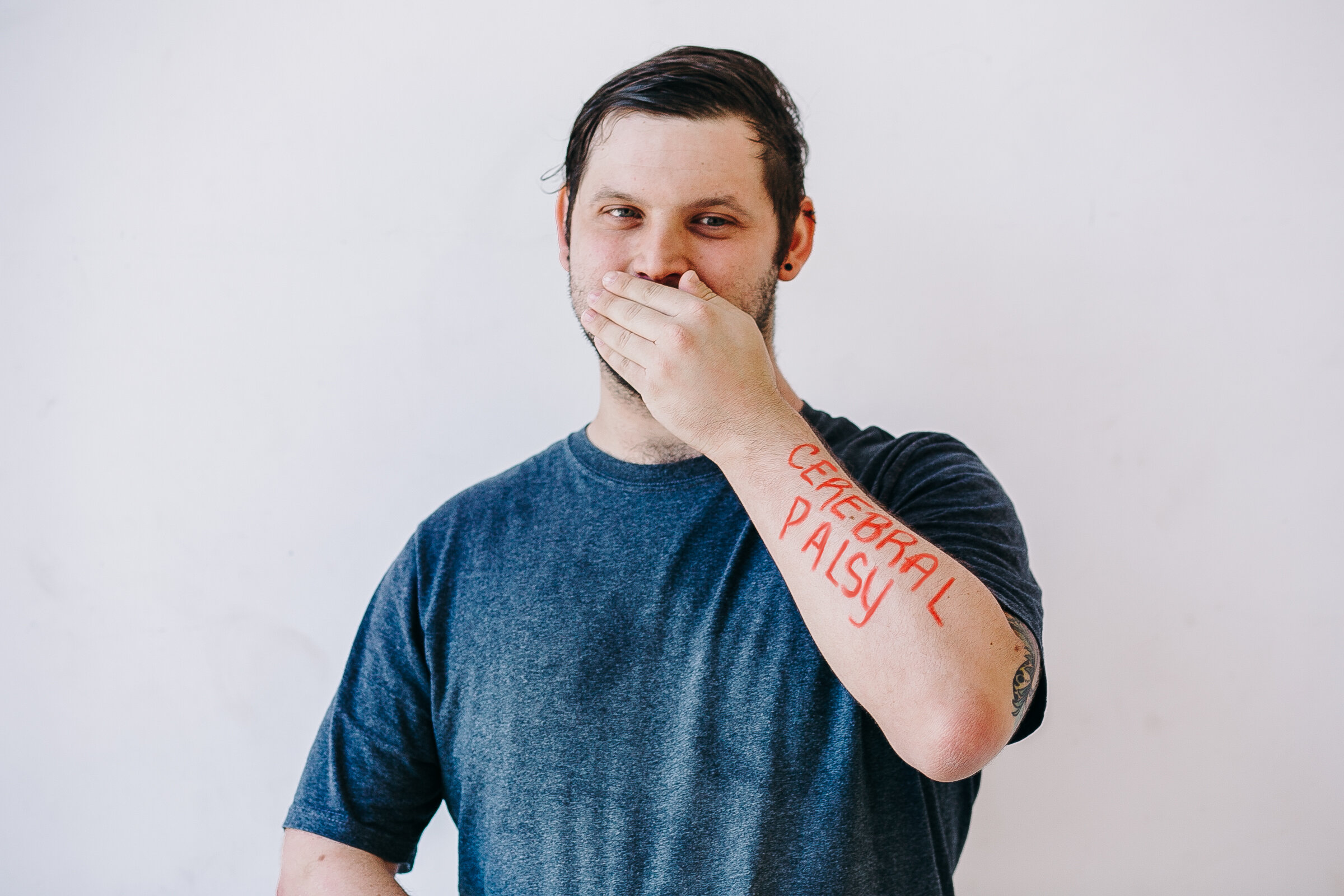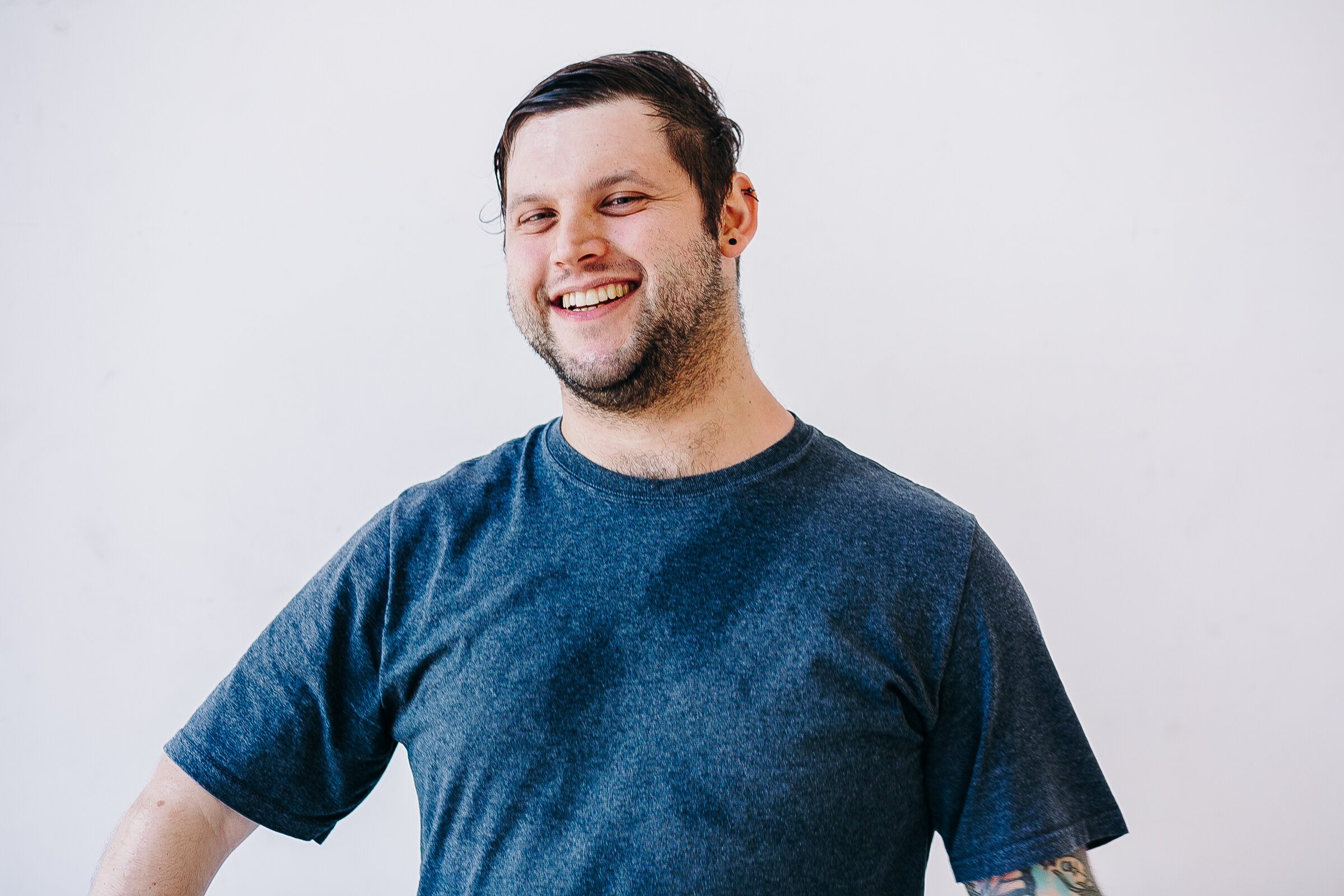Charles
“I joke that I have a big mouth and I think when I got diagnosed, I decided it was one of the things that kept me alive when I realized — maybe I can be the example. Because I do have a big mouth and maybe I can be that person with HIV who is healthy and okay and opposite of what we think of when we think of AIDS. The stigma — how it’s affected me has been really subtle, I’ve been really fortunate. My family knew I had AIDS because I almost died and they had to make decisions for me. So I didn’t have that dramatic coming out with HIV to my family, I didn’t have to do that.
When I found out about U=U a few years back, I had no idea. I was like, ‘Wow.’ If my viral load has been undetectable and I won’t transmit the virus sexually, and I haven’t because I’ve been undetectable for almost all the time since I got out of the hospital 16 year ago. So all that time, I have not transmitted the disease. It made me feel more healthy, more alive, responsible, that I didn’t even know that I felt opposite about myself. I own that I had self-stigma. It’s challenging because I think there are so many aspects of the community that are based in the fear of the ’80s and ’90s. The first thing that we think of when we think of HIV & AIDS are images of those people that had Kaposi Sarcoma, who were super skinny. That’s one of the things that I’m fighting against. There’s a group of us that are collectively trying to fight that older narrative.
One of the most powerful things that was ever said to me about stigma was from @Kenlikebarbie. He said, stigma is oppressive to the point that it kills. And when I heard that, it hit me, it really can be smothering and it can make people hide so far into themselves and into their own worlds that they wither away or stop taking care of themselves. I am opposite, I am fighting back, I am pushing back, and I’m going to bring everyone else with me.”


